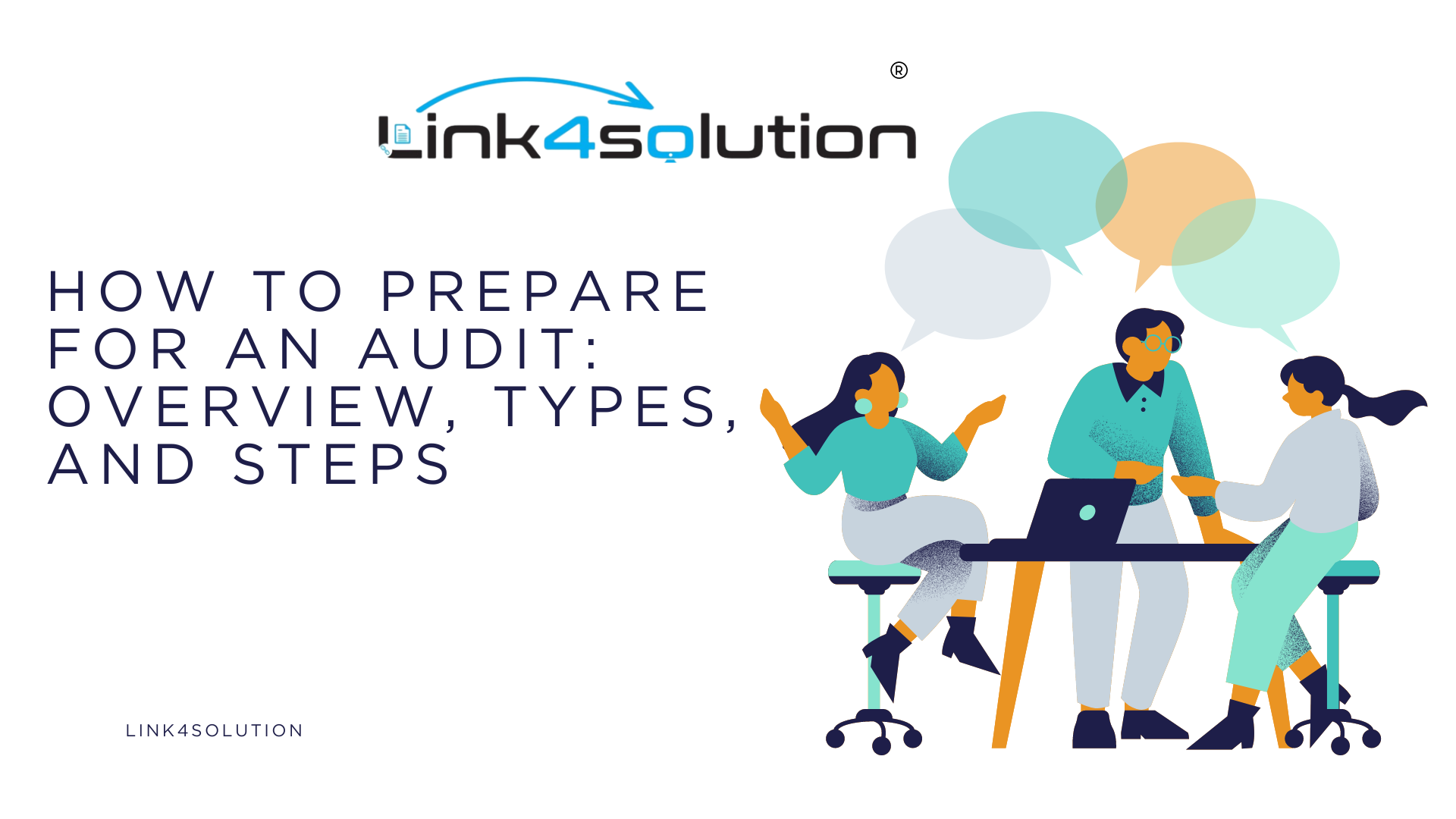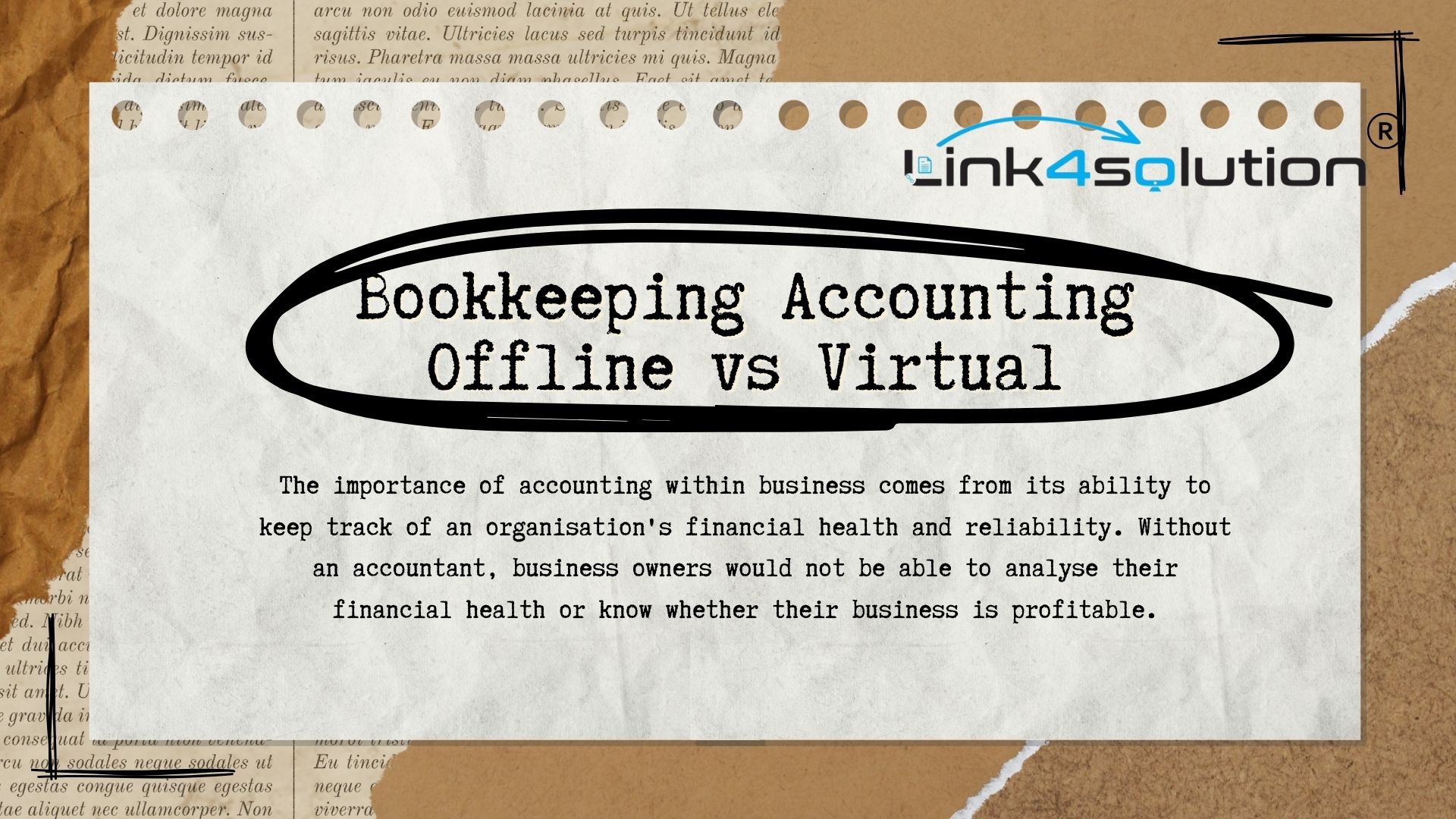Preparing for an audit can often seem daunting for both individuals and organizations. Without adequate planning, the complexities of financial, compliance, and operational audits can become overwhelming. However, with the right strategy and preparation, you can navigate through an audit effortlessly and even use the process as an opportunity for improvement.
Auditing involves scrutinizing records, processes, and procedures to ensure compliance, accuracy, and integrity. Auditors assess financial statements, internal controls, and adherence to regulations. Audits are pivotal for establishing trust among stakeholders, investors, and regulators, as they rely on audited financial statements and operational integrity. These evaluations help identify discrepancies, vulnerabilities, and instances of non-compliance, facilitating prompt rectifications. Furthermore, audits enhance operational efficiency, risk management, and bolster confidence among customers and partners.
Benefits of Being Audit-Ready
Being prepared for an audit offers multiple advantages. It significantly reduces audit-related stress and anxiety. When you are organized, informed, and have all necessary documents at hand, you can confidently manage the auditing process. Additionally, preparation allows you to anticipate potential challenges. Through self-assessment and strengthening internal controls, you can identify and rectify process flaws. This not only streamlines the audit but also improves your operations and compliance, reflecting a commitment to professionalism and good governance. Demonstrating transparency and accountability can significantly enhance your market credibility.
Understanding the Audit Process
A thorough understanding of the audit process is crucial for effective preparation. Familiarity with various types of audits, the roles of auditors and auditees, and the objectives of an audit can expedite the entire procedure.
Types of Audits
– Financial Audits: These assess a company’s financial records, transactions, and statements for accuracy, adherence to accounting standards, and comprehensive financial disclosure.
– Compliance Audits: These evaluate a company’s adherence to specific regulations, laws, or industry standards, checking for compliance with contractual obligations, legal mandates, and safety and environmental regulations.
– Operational Audits: These focus on the effectiveness, efficiency, and risk management of an organization’s internal controls, processes, and procedures, identifying opportunities to reduce costs and enhance operations.
– Information Systems Audits: These audits examine an organization’s IT infrastructure, data security protocols, and controls to ensure the security, accuracy, and availability of information.
Roles and Responsibilities
– Auditors: These unbiased professionals are trained to evaluate financial statements, internal controls, and compliance. Their primary responsibility is to collect and analyze information impartially to validate the audited materials’ accuracy and reliability.
– Auditees: These are the individuals or businesses being audited. They must provide access to relevant records, documents, and personnel during the audit, cooperating with auditors to facilitate the process.
Audit Objectives
Audits are conducted with specific goals in mind, such as verifying the accuracy and completeness of financial records, ensuring compliance with applicable regulations, assessing risk management practices, and evaluating the effectiveness and efficiency of operations.
Gathering Necessary Documentation
One of the critical components of audit preparation is assembling the necessary documentation. Auditors rely on these documents to assess the accuracy, compliance, and reliability of the audited subjects. Efficient organization and provision of these documents underscore your commitment to transparency and accountability.
Key Audit Documents
While the specific documents required can vary by audit type and industry, commonly needed items include:
– Financial Statements: Ensure these are accurate, updated, and thoroughly reconciled.
– General Ledger: Provide a detailed ledger that is well-organized and easy to interpret.
– Bank Statements: These should cover all relevant accounts and transparently reflect financial activities.
– Invoices and Receipts: Ensure these documents are traceable and properly categorized.
– Contracts and Agreements: Collect all relevant documents to help auditors assess compliance and obligations.
– Payroll Records: These should document wage calculations, tax withholdings, and compliance with labor laws.
– Inventory Records: Detailed inventory documentation is crucial for verifying the accuracy of related records and procedures.
Document Management and Organization
Consider the following tips for efficient management of your audit documents:
– Central Repository: Maintain all audit-related documents in one physical or digital location for easy access.
– Consistent Naming Convention: Use a clear and consistent naming system to facilitate document retrieval.
– Version Control: Keep track of document revisions to ensure auditors have the most current information.
– Secure Digital Documents: Implement appropriate access controls and encryption to protect sensitive data.
– Document Retention Policy: Establish guidelines for how long audit-related documents are kept to comply with legal standards.
Conclusion
Thorough preparation for an audit demonstrates your organization’s dedication to transparency, accountability, and compliance. It reduces the risk of non-compliance and provides valuable insights for optimizing your business operations. Embrace the audit as an opportunity for continuous improvement and a demonstration of your commitment to excellence, accuracy, and integrity.






